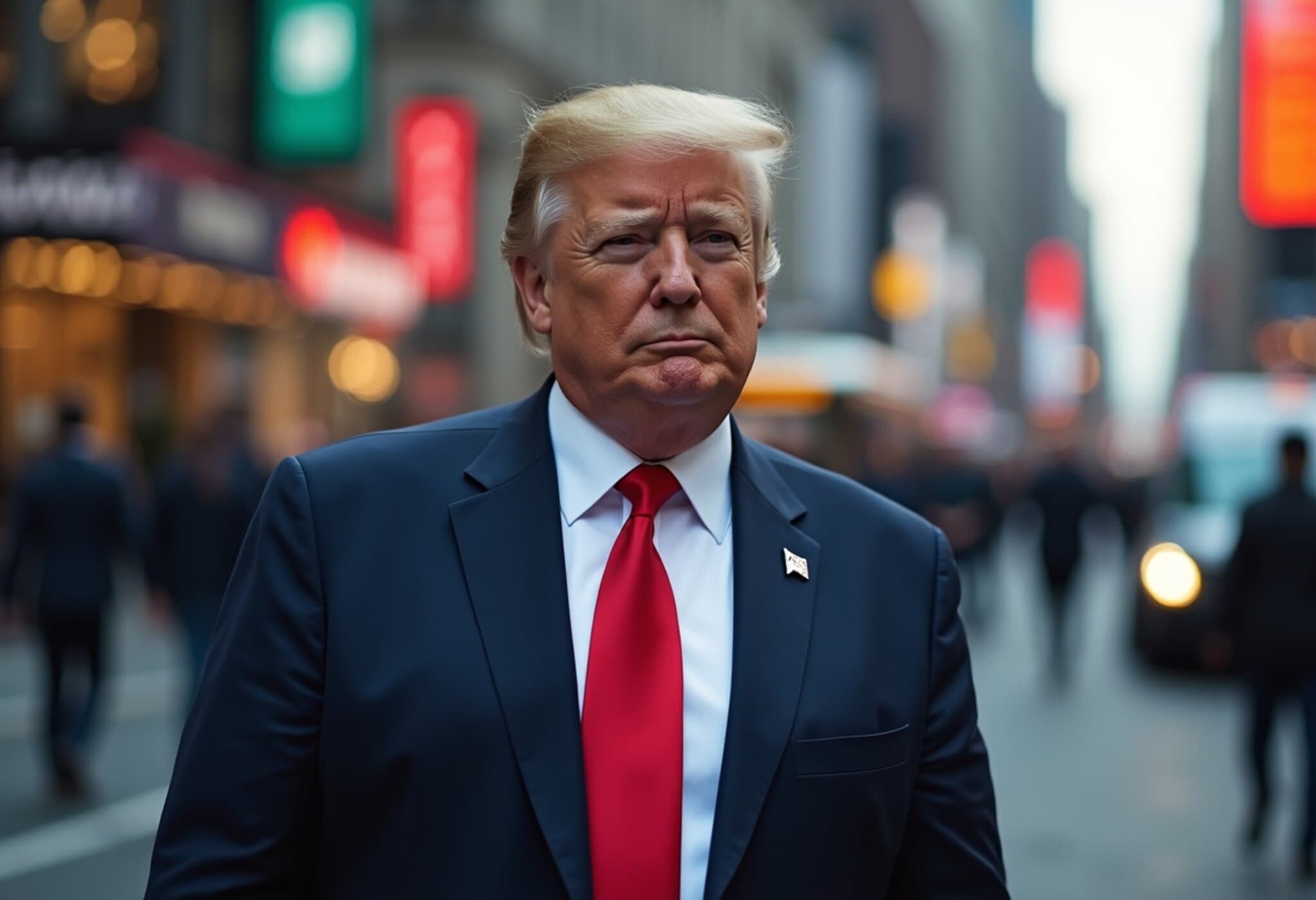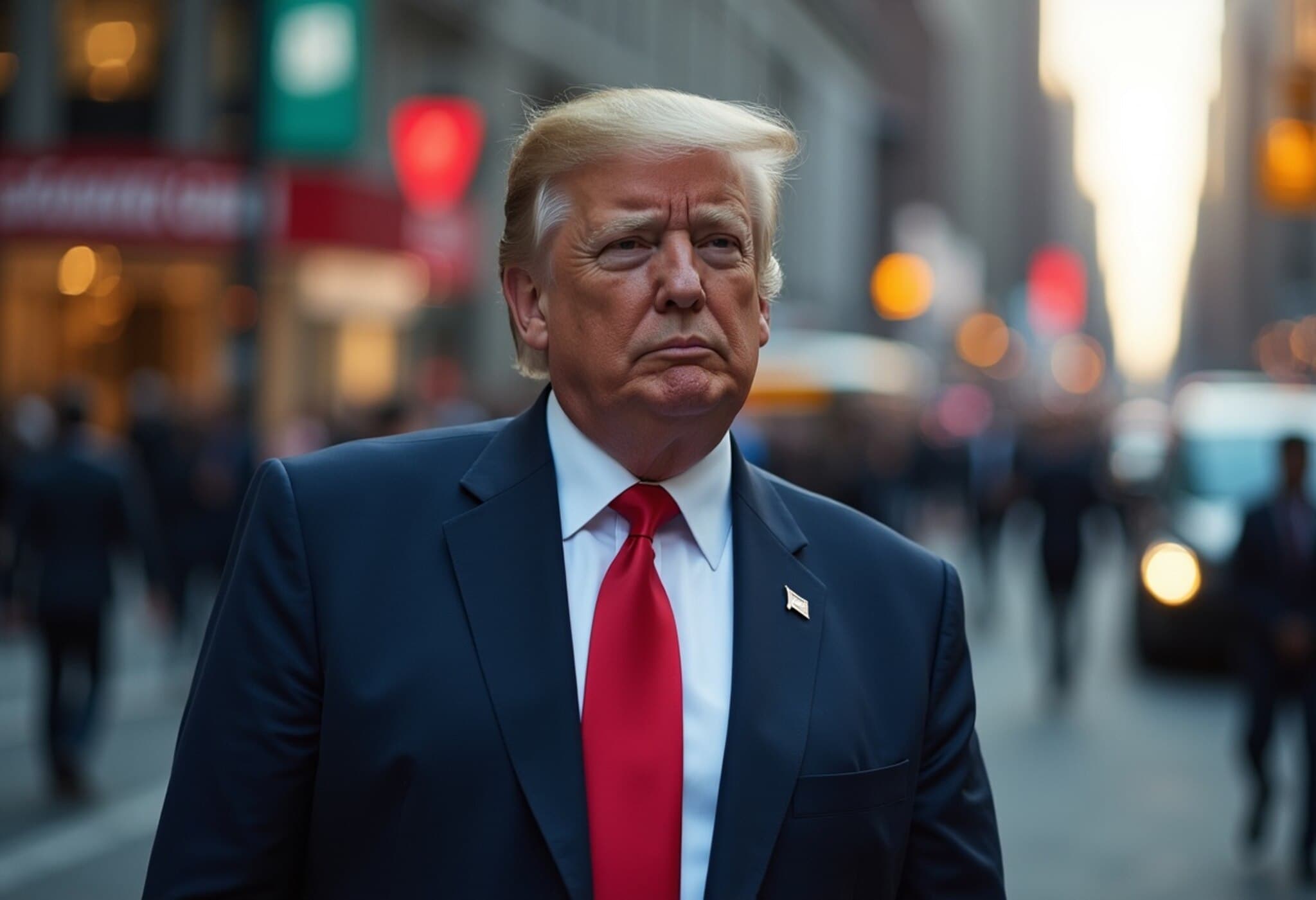Vietnam's Bold Strategy to Bridge a Growing Skill Gap
As Vietnam gears up to transform its economy from traditional manufacturing toward high-tech and advanced service sectors, a significant challenge looms large: a massive shortage of skilled professionals. To address this, the Vietnamese government has launched an ambitious effort to reverse the 'brain drain' phenomenon by inviting expatriates and globally trained Vietnamese to return home and contribute directly to the nation’s economic transformation.
Understanding Vietnam’s Talent Dilemma
With a population surpassing 100 million, Vietnam is a vibrant, rapidly industrializing nation. Yet, despite abundant youthful energy, there remains a shortage of highly qualified workers in fields like semiconductors, artificial intelligence (AI), and financial technologies. These are precisely the sectors Vietnam hopes to expand to sustainably elevate its economic profile in the global value chain.
Experts note that while Vietnam boasts exceptional raw talent, the expertise required for specialized, cutting-edge industries is still developing. This gap manifests visibly in corporate boardrooms and R&D labs, where seasoned professionals with international exposure and advanced degrees are in short supply.
Policy Shifts: Making Vietnam a Magnet for Overseas Vietnamese
The government has initiated key reforms to entice diaspora professionals back, including:
- Relaxed immigration policies facilitating smoother visa processing and work permits.
- Introduction of dual nationality, empowering returnees to retain their foreign citizenship while working in Vietnam.
- Plans for salaries, accommodation assistance, and streamlined bureaucratic procedures to reduce red tape.
These policy recalibrations aim to make relocation more attractive and practical for those with established careers abroad.
A Window into the Returnee Experience: Minh Hoang’s Journey
An illuminating example is Minh Hoang, who spent two decades building a successful career in the United States before deciding to come home. Now serving as chief data officer at Techcombank Securities in Hanoi, Minh embodies the qualities Vietnam is seeking: globally experienced, passionately patriotic, and eager to nurture local talent.
"I had everything in the U.S.—a good job, nice house, comfortable life," Minh explained in a recent interview. "But working here allows me to help develop the country that gave me my roots." Minh acknowledges challenges, such as adapting to Vietnam’s distinct corporate culture, which often has more hierarchical and less transparent management styles compared to Western firms.
The Corporate Push: Private Sector Leading the Charge
Private companies are also proactive drivers behind attracting overseas talent. For example, Techcombank launched an "Overseas Talent Roadshow" targeting Vietnamese professionals with expertise in finance, data science, and technology—particularly in global hubs like Singapore and Europe.
CEO Jens Lottner remarked, "Vietnam’s dynamic growth and political leadership’s clear vision make now an opportune moment for overseas Vietnamese to consider returning. The enthusiasm from candidates has been encouraging."
Obstacles on the Path
Despite these encouraging moves, challenges persist. According to consultancy InCorp Vietnam, inconsistent application of national policies across provinces creates unpredictability for returning professionals. Moreover, limited provisions for dependent visas and restricted employment rights for spouses dampen long-term relocation plans for families.
Adding to these difficulties, cultural integration and bureaucratic delays sometimes hamper the smooth onboarding of returnees, underscoring the need for deeper reforms beyond immigration.
The Bigger Picture: Economic and Social Implications
Vietnam's overseas community numbers approximately 6 million people, with estimates suggesting around 10% are highly qualified experts scattered across the globe. Tapping into this rich reservoir of talent is crucial as Vietnam transitions towards higher-value industries that demand sophisticated skills.
From an economic policy perspective, this reverse brain drain strategy aligns with broader aims to boost innovation capacity, reduce dependence on low-cost manufacturing, and achieve sustained growth. For the global Vietnamese diaspora, this presents a unique opportunity to contribute to national development without severing ties to their lives abroad, especially given the dual citizenship framework.
Editor’s Note: Vietnam’s Talent Quest as a Model for Emerging Economies
Vietnam’s approach highlights a growing trend among emerging markets to harness their diasporas as vital resources for development. While government initiatives set promising groundwork, actual success hinges on addressing systemic cultural and administrative bottlenecks. For U.S. and Western expatriates of Vietnamese descent, the balance between opportunity and adjustment remains complex but increasingly navigable.
As Vietnam embraces policy reform, the world will be watching to see whether this brain gain can catalyze the next phase of the country’s economic miracle—a model that might inspire other nations grappling with brain drain and skills shortages. The story invites further scrutiny: Can Vietnam’s evolving talent ecosystem truly unlock innovation at scale without parallel reforms in governance, corporate culture, and social infrastructure?
















